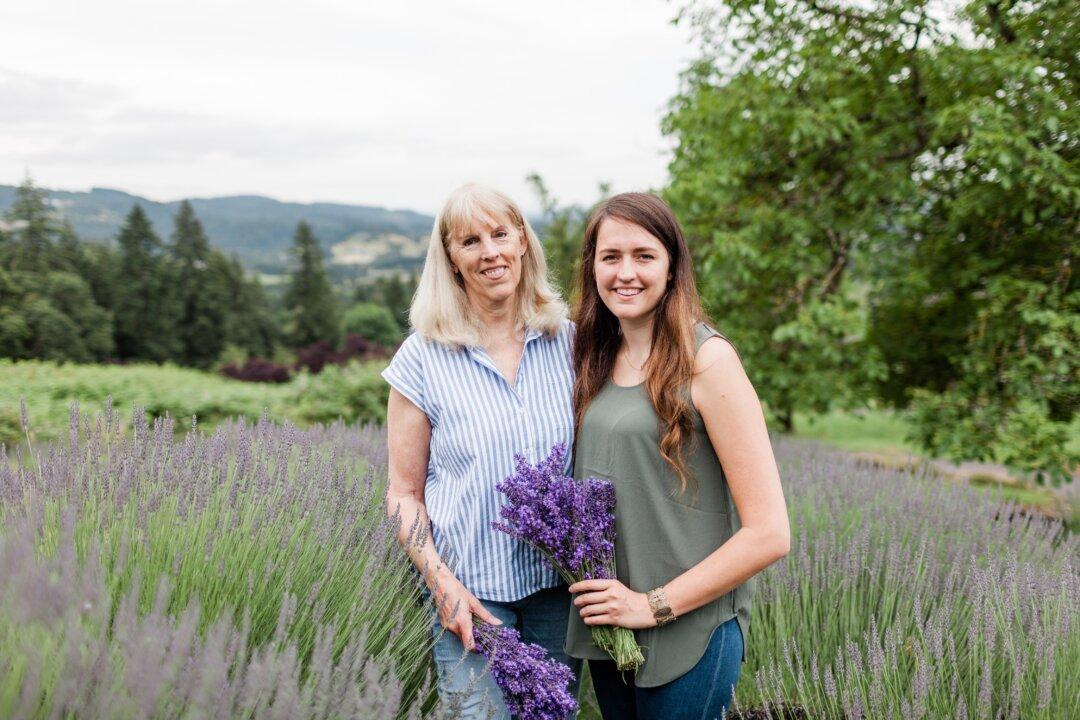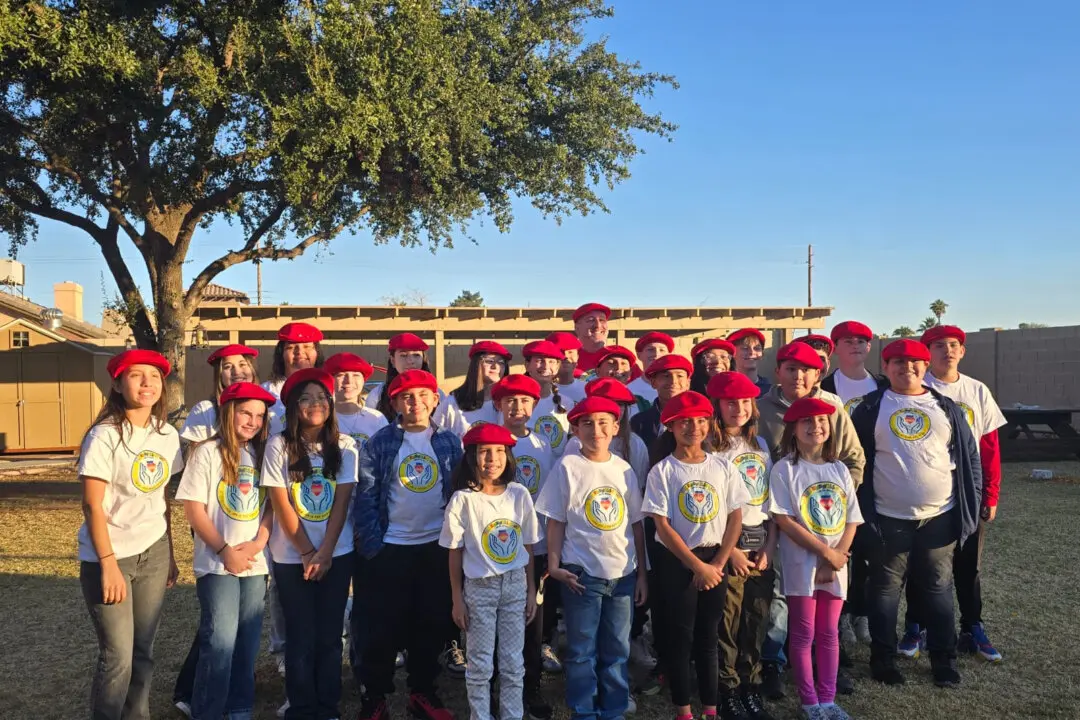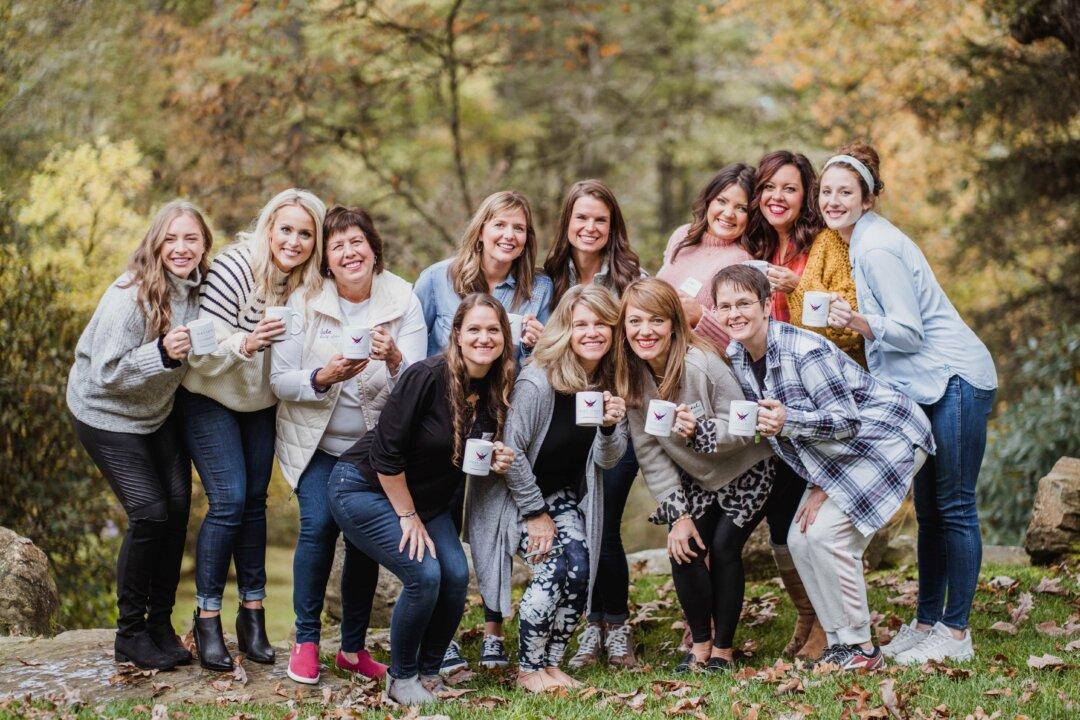In Marilyn Thompson’s experience, life is a journey of unexpected and sometimes very difficult pathways, which are nonetheless part of a divine plan. When she and her husband, Troy, purchased a 2 1/2-acre property on a hill in Oregon’s beautiful wine country, she could not begin to imagine the hardship, the grief, the effort, or the innumerable blessings that would come from that place.
The land was purchased with a dream in mind: to build a custom home for their family and to establish Troy’s landscaping business with greenhouses on the acreage. But within 30 days of closing the sale in April 1994, Troy received terrible news: He had Lou Gehrig’s disease, incurable and fatal. On their very first visit to the neurologist, they were told that this apparently healthy, strong, 6-foot-4-inch man would probably be in a wheelchair within a year. It was unimaginable.





